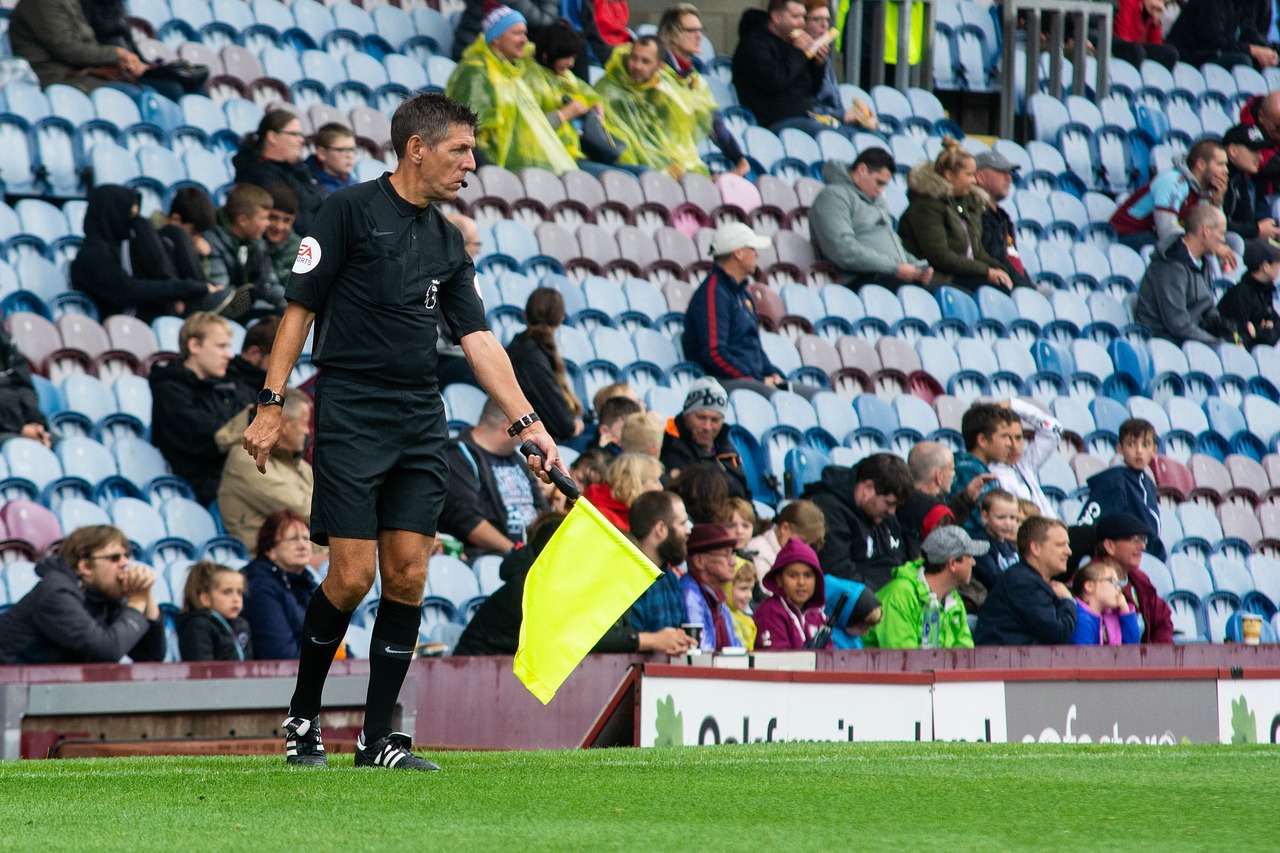The Video Assistant Referee system has been at the centre of many a discussion since its introduction at the start of the 2019-20 season, but it did little to help its own cause last weekend.
As Leeds United striker Patrick Bamford wheeled away to celebrate a well-taken equaliser at Crystal Palace, his celebration would soon turn to confusion when the goal was chalked off for a dubious offside decision.
Whether that influenced the outcome of the game – which Leeds lost 4-1 – is anyone’s guess. But yet again, the technology was at the centre of the post-match debate.
Deciding to do some market research, Gary Lineker’s Twitter poll last weekend over whether to keep VAR received over 261,000 responses.
After seemingly having recovered from criticism surrounding questionable handball decisions, VAR found itself embroiled in controversy again. The only thing clear and obvious, it would seem, was the public’s desire to get rid of the system, with over 70% voting to scrap it in Lineker’s poll.
But there are some reasons for the controversy that are out of the control of both the system itself and those at Stockley Park. Despite the frustration, football fans may benefit from showing some patience towards one of the most contentious parts of the modern game.
The rule of law
As a preface, I must declare my bias: I am a referee myself and have been for almost seven years. But first and foremost, I am a football fan, and thus can see both sides of the argument when it comes to technology. Admittedly I was perplexed at Bamford’s goal being ruled out, and it is not the first time the technology has left me scratching my head.
That being said, football forgets VAR’s purpose. The technology is there to help apply the 17 Laws of the Game, which as a referee I seemingly have etched into my brain. There is even an app for them, if anyone is ever inclined to any bedtime reading.
VAR does not make up the rules, but simply allows them to be applied more stringently than what we were used to. But particularly at the elite level in which VAR operates, different stakeholders have alternate views on how law should be applied. This was seen with the handball debate that raged at the start of the season, when even referees were frustrated at how they were being told to apply the law by various parties including FIFA and the Premier League.
Ultimately, the Bamford decision was correct in law. VAR did its job. Frustration, therefore, should be aimed at the rules and those who make them, not some poor figure behind a screen at Stockley Park, who is simply doing what they are told to.
A waiting game
If VAR is a tool to help apply the Laws of the Game, it is not helped by those laws constantly changing.
Every summer (June 1, to be precise) the laws are updated. The number and impact of the amendments vary, from multiple game-changing updates to a few vocabulary amendments.
When the laws change, referees must interpret and learn to apply them. This takes time, and law is often applied very literally at first. It takes much longer to understand and “feel” when and how to apply law in keeping with the spirit of the game.
The controversies previously seen in VAR’s short lifespan show that the PGMOL – the body that employs top-flight referees – can and will adapt the technology if football clearly wishes it to. The pitch-side monitor is becoming commonplace, and harsh penalties previously given are now avoided. We can make technology an enjoyable part of the game, but only if we give it time to learn, adapt and make mistakes.
It should also not be forgotten that VAR is less than two years old. It is still and infant in comparison to the technology used in other sports. Analogies of rugby and tennis are unhelpful, as their systems are far more experienced than football’s. It has crucially been given time to adapt to the demands of their respective sports. As critics of VAR should note, when you change the face of the sport, you cannot expect it to look how you wanted it to on the first go.
Quick to forget, slow to forgive
Furthermore, football should remember – but often forgets – why we have VAR. It came from a desire to end refereeing mistakes. It came from glaring errors which even my loyalty to the black shirt can’t sweep under the carpet. It came from Charlie Austin’s rant in the Southampton press room, immediately after refereeing errors had cost his team. It came from frustration over injustice.
If we were to scrap VAR, would that also mean accepting everything that came with the past?
To go back would be for football to understand that referees are human. This means mistakes do invariably happen, as unbelievable as that is for some.
Unfortunately, my own refereeing experiences and the long list of insults I have been labelled stands as proof that this is a figment of imagination. The only option that remains therefore, is to wait for VAR to slowly but surely improve.
It was not too long ago that fans, managers and players across the world claimed VAR was desperately needed. It appears to have forgotten that.
The game must decide what it wants, and what direction it should go. There are pros and cons to everything, and unfortunately the sport and its fans have to take the rough with the smooth. VAR may well be infuriating, but it was fan infuriation that created it in the first place.
As referees know all too well, there is never a moment in football where everyone is happy.
By Callum Parke

